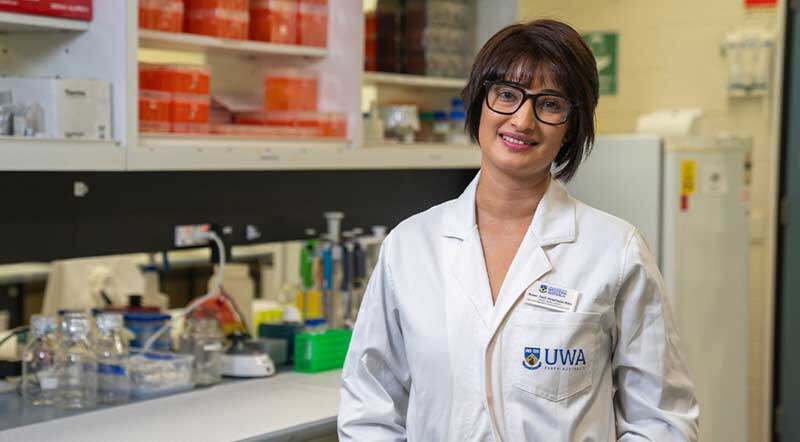Experts believe actively looking for tiny organisms for use in industries as diverse as fuel production, agriculture and pharmaceuticals will help promote biodiversity and a more sustainable future.


Associate Professor Parwinder Kaur and research officer Paton Vuong, from The University of Western Australia’s School of Agriculture and Environment, are co-authors of The little things that matter: how bioprospecting microbial biodiversity can build towards the realisation of United Nations Sustainable Development Goals published in Nature.
Associate Professor Kaur said understanding and conservation of unseen microbial diversity was critical because ecosystems it supports, the knowledge therein, and the associated genetic information were key contributors to sustainable development.
“There are an astronomical number of individual micro-organisms that exist on Earth which can provide an immeasurable trove for potential microbial-based solutions,” Associate Professor Kaur said.
“This will drive the development of sustainable industries but there is little information at the moment documenting the spectrum of global microbial biodiversity.”
Associate Professor Kaur said innovations derived from understanding microbial biodiversity provided potential reconciliation to the longstanding conflict between the need to protect biodiversity against the demand for economic progress, by building wealth through sustainable development.
“The sharing of knowledge and resources is fundamental in sustainability, as it ensures everyone has the capability to achieve responsible industrialisation, promotes cooperation and provides informed decision-making towards conservation efforts,” she said.
“Any region that is undergoing ecological transition, such as areas of urban or agricultural expansion, or undergoing ecosystem restoration, should be a target for microbial surveys.”
Associate Professor Kaur said bioprospecting could help produce biofuels to replace fossil fuels and provide sustainable agricultural solutions by introducing beneficial microorganisms into soil.






































